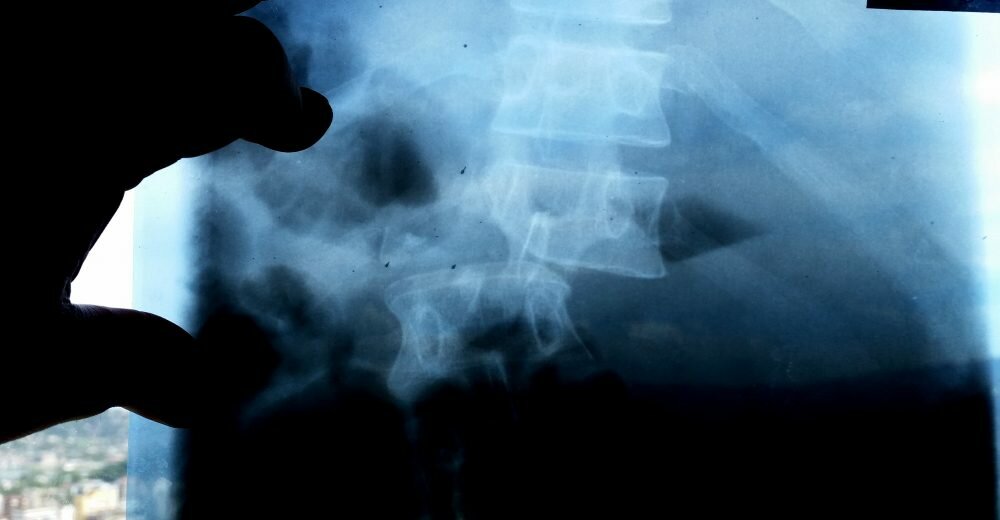
This Is Everything You Need to Know About Clenbuterol Cycle
Key Takeaways
Clenbuterol is a bronchodilator used for asthma but often misused as a weight loss or performance-enhancing drug. It works by stimulating beta-2 receptors, increasing metabolism and fat burning. However, it carries significant risks, including cardiovascular strain and electrolyte imbalances.
What Is Clenbuterol and How Does It Work?
Clenbuterol is a sympathomimetic drug primarily used to treat respiratory conditions. It activates beta-2 adrenergic receptors, increasing heart rate, metabolic rate, and thermogenesis. This mechanism makes it attractive for weight loss but dangerous when misused.
Why Do People Take Clenbuterol?
Users take clenbuterol to burn fat, enhance athletic performance, or improve body composition. It is popular among bodybuilders and those seeking rapid weight loss, despite the risks of side effects like tremors, insomnia, and heart palpitations.
What Does a Typical Clenbuterol Cycle Look Like?
A standard Clenbuterol cycle often involves starting with low doses (e.g., 20 mcg) and gradually increasing over weeks. Users may follow a "on-off" pattern to mitigate tolerance, but this approach does not eliminate risks like cardiac stress or dependency.
Is Clenbuterol Safe?
Clenbuterol is unsafe for non-medical use. It can cause severe side effects, including hypertension, arrhythmias, and muscle cramps. Long-term use may lead to heart damage or sudden cardiac events, especially in those with preexisting conditions.
Clenbuterol Is Probably Bad For Your Heart
Studies show clenbuterol increases heart rate and blood pressure, straining the cardiovascular system. Chronic use can weaken heart muscle and raise the risk of heart attacks or strokes, making it particularly dangerous for individuals with heart issues.
Clenbuterol Interferes with Your Sleep
Its stimulant effects often cause insomnia, anxiety, and restlessness. Users may struggle to fall asleep or stay asleep, leading to fatigue and reduced performance in daily activities.
Clenbuterol Depletes the Body of Potassium
The drug promotes potassium loss through urine, which can lead to muscle cramps, weakness, and irregular heart rhythms. This electrolyte imbalance requires careful monitoring and supplementation if used for extended periods.
Is Clenbuterol Legal?
Clenbuterol is banned in many countries for human use. In the U.S., it is not approved by the FDA for weight loss. Athletes face strict testing, as it is classified as a performance-enhancing drug under WADA guidelines.
Are There Any Safe Clenbuterol Alternatives?
Natural stimulants like caffeine or green tea extract may offer similar fat-burning effects with fewer risks. Supplements containing yohimbine, forskolin, or capsaicin could also support weight loss without the dangers of clenbuterol.
The Bottom Line on Clenbuterol
Clenbuterol is a potent drug with serious health risks that outweigh its potential benefits. Its use for non-medical purposes is highly discouraged, and safer alternatives should be prioritized to protect long-term health.
NIHR GHRGN Covid-19 Studies
NIHR GHRGN is collaborating with the NIHR Global Health Research Unit on Global Surgery on two studies:
– The CovidSurg Cohort study is focusing on SARS-CoV-2 positive patients undergoing surgery and will examine their outcomes.
– The CovidSurg-Cancer study is focusing on patients with a tumour that requires surgical treatment during the pandemic. It will examine the outcomes of patients operated but also the outcomes of patients who are experiencing delays in receiving surgery.
To read more and to register your centre, please visit: https://globalsurg.org/

NIHR Global Health Research Group on Neurotrauma
is inviting institutions to join a prospective, multi-centre, international cohort study of outcomes following emergency surgery for TBI:
Global Neurotrauma Outcomes Study
(GNOS)
OBECTIVE: Compare outcomes for emergency surgery for traumatic brain injury between high and low Human Development Index (HDI) countries.
WHEN: Any 30 day recruitment period between October 2018 and 31st December 2019 for all patients receiving emergency surgery for TBI during that period.
WHO: Any institution performing emergency surgery for TBI worldwide. Teams can consist of a mix of neurosurgeons, general surgeons, anaesthetists, intensivists, trainees and medical students (up to 4 people).
REGISTER:
https://globalneurotrauma.com
NEUROTRAUMA AND GLOBAL NEUROSURGERY
INTERNATIONAL FELLOWSHIP
The Foundation for Medical Education and Research "MEDITECH" (COLOMBIA), the Barrow Neurological Institute at Phoenix Children's Hospital (USA) and the Global Health Research Group on Neurotrauma from the University of Cambridge (UK) develop this partnership to support the International Fellowship Program in Neurotrauma and Global Neurosurgery.
Neurosurgeons from low and middle income countries with basic proficiency in English are encouraged to apply.
The International Neurotrauma Fellowship is a combined academic effort certified by Barrow Neurological Institute at Phoenix Children's Hospital in the United States, the Global Health Research Group in Neurotrauma of the University of Cambridge and the Foundation for Medical Education and Research in Emergency and Disasters in Colombia.
This clinical and research fellowship is based in Colombia and has an international research component based in Cambridge (UK) and Phoenix (USA). This program will provide a unique global health training experience and the ability to obtain expertise in the management of adult and pediatric Neurotrauma patients at a worldwide level.
During the clinical part of the fellowship, the fellow will work full time in Colombia treating acute and chronic neurosurgical disorders related to cranial and spinal neurotrauma. The fellow will participate in advanced research activities as part of the research component of the program within the collaborations with the Barrow Neurological Institute at PCH in USA and the University of Cambridge in UK.
The opportunity to learn the management of neurotrauma in different environments is something that has been advocated by experts and by the World Health Organization (WHO). This fellowship program has been designed to fill gaps in specialized medical training. Fellows will be exposed to global neurosurgery activities, neurotrauma critical care, neurosurgery and clinical research.
For more information please visit:
https://www.globalneurotraumafellowship.com



